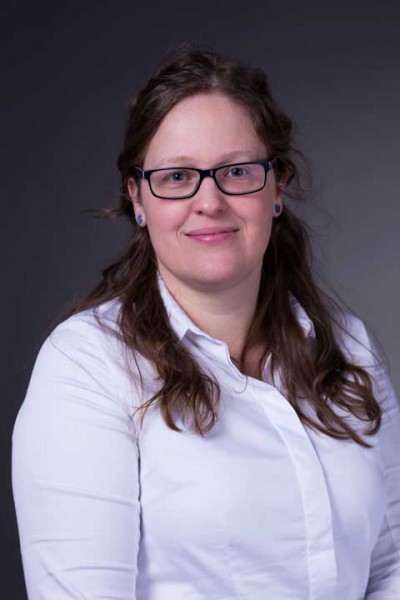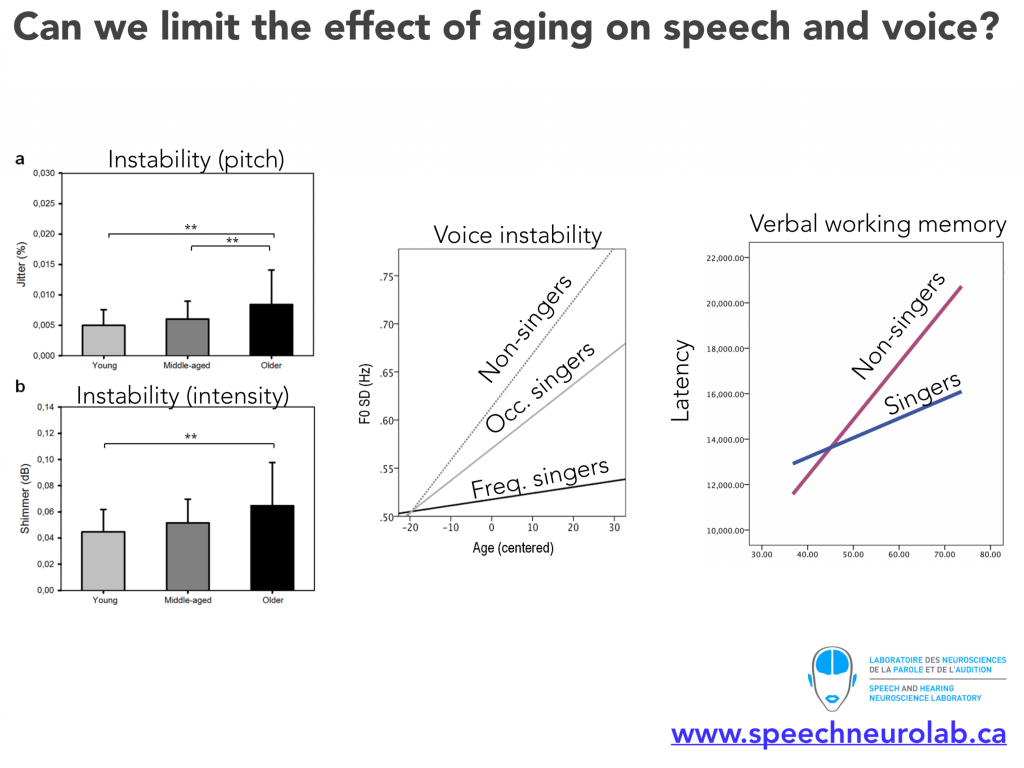
SEASON 4 EPISODE 10
April 15th at 10 AM PT/ 7 PM CET
Getting older – the benefit of singing with Dr. Pascale Tremblay
HEIDI’S INTRODUCTION
Not being heard and ignored is a problem, not only for older people. But it is a common experience that elders have such feeble voices that they often have a hard time to be understood, especially when caregivers have their own ideas about what is the right way to treat them, if the recipient likes it or not. But imagine if you are 95 years old and you can say loudly and clearly what you want others to do! You could maintain your personal power and dignity and not be constraint to what others decide for you.
So, how can you maintain a strong voice when getting older? Or even get a strong voice now if you have never developed one? You might think it is about learning how to shout louder than is easy for you to do. But no, it is absolutely not about forcing your voice, but about BUILDING UP your voice and then MAINTAINING its power. How?
The question has a very easy answer: SING! Building the singing voice is automatically building the voice which you use for speaking. Your breathing gets better, your body muscles get trained and your vocal cords grow stronger, If you already sing or if you used to sing, this advice will be easy for you to follow.

HEIDI´S INTRO TO THE SHOW
What if you have never sung before and if you believe you can’t sing at all? Well, yes, this is mainly a question of belief and lack of training. There are voice therapists and compassionate singing coaches who can help you build your HEARING capacities and then your abilities to sing on pitch. There are communal choirs which don’t insist that you can already sing well and are patient with you – and as last resource there is always the running shower where even the most shy people enjoy singing.
If you are a man and if you believe that singing is only for women: Be reminded that in past centuries women were not allowed to sing in public and the roles of women in musical representations were done by men. In classical music the major parts are for men and even in modern music, the groups are most frequently composed of men. So don’t be shy. Sing, as often as you can!
The guest in our show today, Pascale Tremblay, has studied scientifically the benefit for people of singing. She found out that regular singing allows older people to maintain a stable and strong voice, with all the benefits connected with it. And, by the way, singing is an activity which connects body, mind and spirit best. It keeps your brain active and gives you great joy when you allow yourself to just do it without expecting to be perfect!
ABOUT DR.PASCALE TREMBLEY
Pascale Tremblay is associate professor in Rehabilitation Sciences at Université Laval in Québec City, Canada, researcher at the CERVO Brain Research Center and holder of a career award from the “Fonds de recherche santé du Québec” (FRQS). Dr. Tremblay is co-director of the Quebec City brain imaging Consortium (CINQ), and co-founder of the Society for the Neurobiology of Language (SNL). Her laboratory, the Speech and hearing Neurosciences Laboratory, focuses on understanding the behavioural and neural substrates of speech/voice perception and production in adulthood and throughout aging using cognitive neurosciences methods. Current work is focused on identifying the factors that affect speech functions in aging, including neurocognitive and sensorimotor aging and on strategies that can alleviate age-related changes to human communication such as group singing. The long-term goal of her research program is to contribute to the development of lifespan neurobiological models of human communicative functions. To achieve these goals, her research combines high-end brain imaging methods, such as structural, functional and diffusion-weighted imaging, brain stimulation methods and carefully designed experimental manipulations.
AUTHOR WEBPAGES
PUBLICATIONS
AUTHOR RESOURCES




